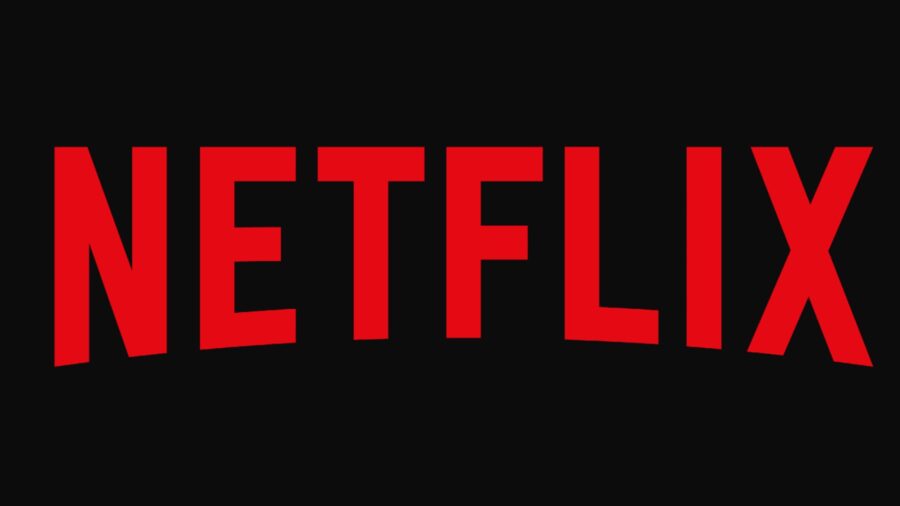Netflix Raising Prices Again With Strike Over?

Netflix is known for its aggressive monetization, pricing, and ads strategy; according to Collider, the streaming giant is planning yet another price increase following the conclusion of the currently ongoing SAG-AFTRA strike. Although it’s still unclear how much prices will increase, Netflix has already seen several price hikes in recent years, as well as the removal of its budget ad-free subscription plans.
Netflix might raise prices for its ad-free subscribers once the actors strike ends.
The reports reveal that Netflix is specifically looking at a price increase for its ad-free subscription plan in the month following the conclusion of the SAG-AFTRA strike once the actors reach a deal with the production studios. This price increase is expected to roll out in the North American region (US and Canada) first before it’s imposed worldwide, though there’s still no telling when the hike will happen or how much it will increase as opposed to the current monthly subscription pricing.
Of course, this mostly depends on the conclusion of the SAG-AFTRA strike, which should be just around the corner, considering that the Writers Guild of America recently reached an agreement that brought their historic work stoppage to an end this September.
So, many believe that the deal between the Screen Actors Guild-American Federation of Television and Radio Artists (the SAG-AFTRA) could follow within the next few weeks. Whether or not that’s actually the case remains to be seen in the following days/weeks, after which Netflix reportedly plans to launch its price hike.
What Does Netflix’s Pricing Have To Do With The Strike?
This begs the following question: What does SAG-AFTRA’s strike have to do with Netflix’s price hike? Well, as it turns out, the strike is likely what influences the price hike among the streamers. The SAG-AFTRA strike began after negotiations with the Alliance of Motion Picture and Television Producers (AMPTP) failed to meet reasonable terms for a new contract. Among various issues, one key concern raised by union members is the need to update the residual payment process associated with streaming.
Actors like Breaking Bad’s Aaron Paul publicly revealed that they haven’t received any residuals from streaming platforms despite their shows being popular among subscribers.
Residuals are crucial for actors, as they provide income between different jobs, gigs, and projects, and they allow actors to earn income from continued sales and broadcast of their work, regardless of whether they’re reruns, syndication, or streaming.
However, streaming residuals have been minuscule compared to traditional broadcasts, and many actors have shared stories about receiving mere pennies for their major performances in popular shows streamed on platforms such as Netflix.

Actors like Breaking Bad’s Aaron Paul publicly revealed that they haven’t received any residuals from streaming platforms despite their shows being popular among subscribers. And therein lies the problem.
Netflix, along with all major streamers, relies on the content created by SAG-AFTRA. Now, if the streamers increase the residuals for actors and writers—which they should—it significantly and detrimentally impacts the streamers’ profit margins. You might think that this isn’t such a big deal; Netflix made more than $8 billion in revenue this year.
The reduced profit margin significantly impacts the hefty compensation packages of the company’s top executives. So, in order to maintain the profit margin, Netflix’s top executives, along with top executives from other streamers, may have decided to up the prices of their respective services to compensate for the loss that they’ll have to shell out to SAG-AFTRA members so that they can remain in the streaming business.












